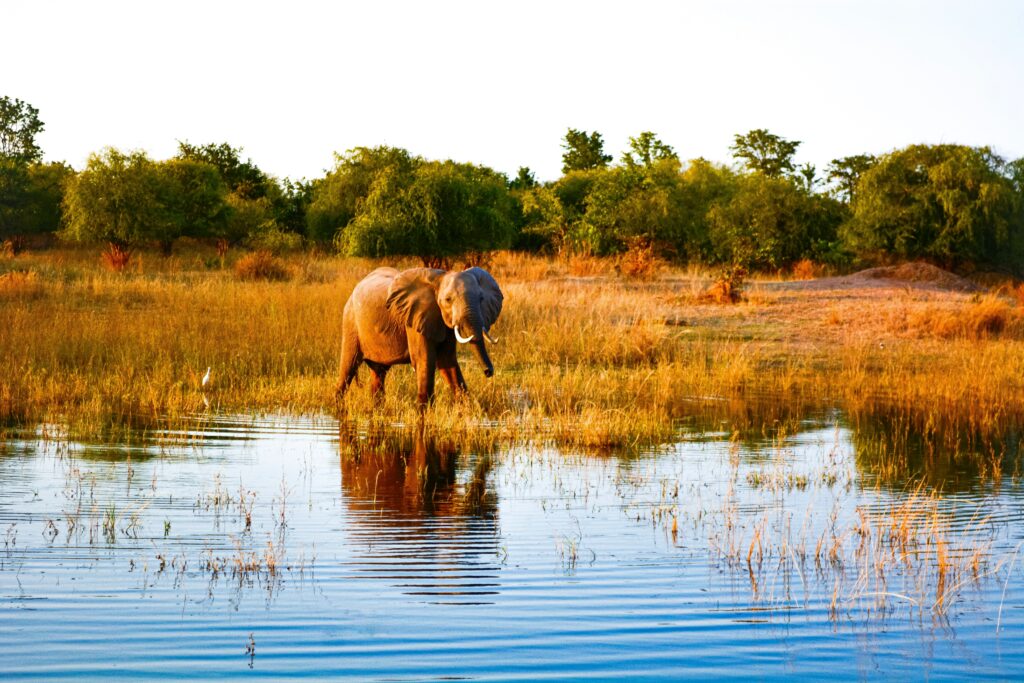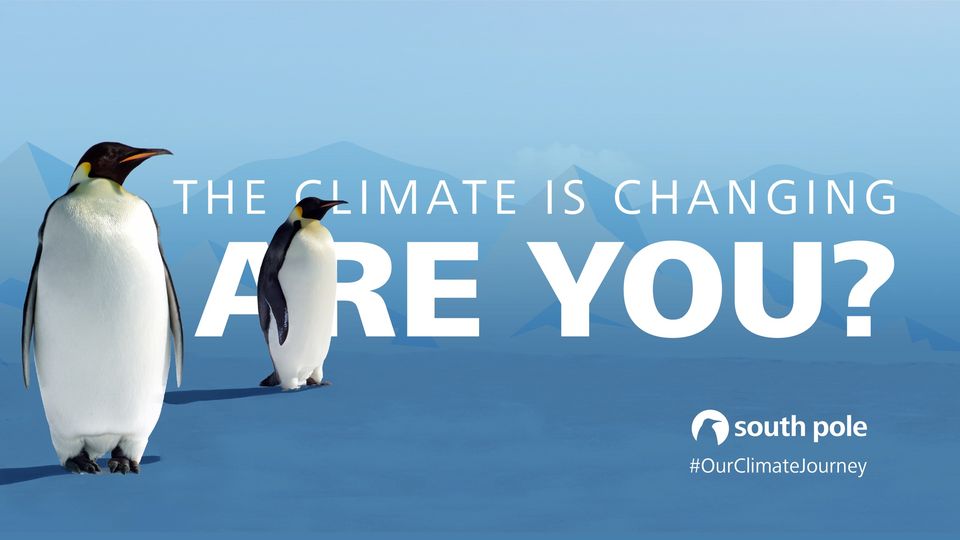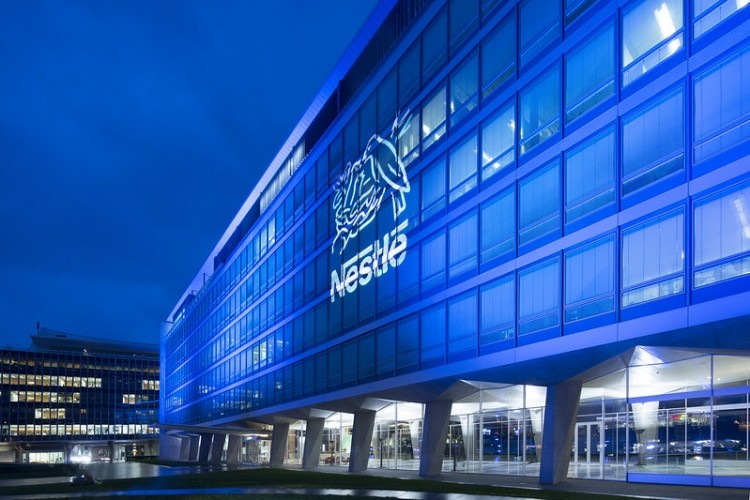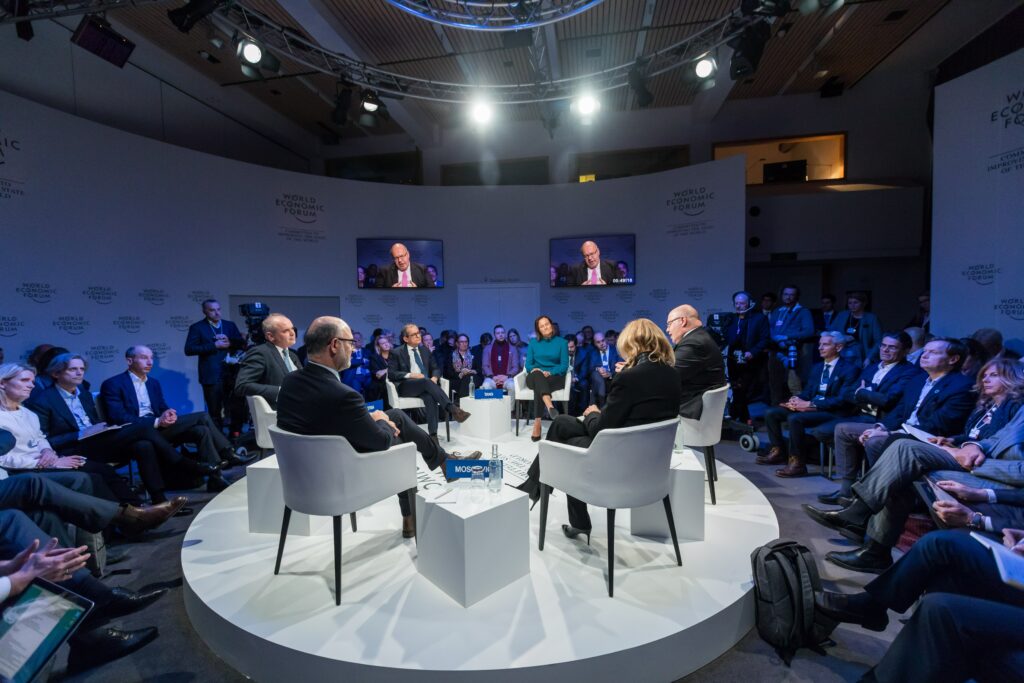الأربعاء, فبراير 22nd 2023

The problem with trying to calculate future deforestation in countries like Zimbabwe is that it cannot be done with accuracy, critics say.
Swiss companies once again are making headlines over their supposed CO₂ certificates – donations that claim to offset the carbon emissions produced while flying on an airplane or having a package delivered – but in reality, do little to help the environment, according to local newspaper تاغس أنزيغر.
Switzerland’s largest online retailer, Digitec Galaxus, introduced “climate-neutral shopping” in 2020 claiming that customers can offset their climate emissions from production and delivery with a small donation. It was introduced at a moment when homebound Swiss were shopping more online than ever; and, by 2022, Galuxus was directing a few million a year in climate money.
Those millions go to “climate protection projects” through the Zurich-based South Pole company – the world’s largest provider of climate protection projects, according to the company. But that’s where the problems begin.

(Credit: South Pole’s Facebook Page).
South Pole has greatly overestimated a forest protection project in Zimbabwe, called “Kariba.” The company promised to offset about 40 million tons of CO₂ for other big companies such as Gucci and Nespresso, but came up about 20 million tons short. While it’s possible that the group miscalculated, a group of Dutch investigative journalists called Follow the Money (FTM) say Switzerland’s South Pole group knowingly sold worthless CO₂ certificates. Even worse, the journalists claim that the South Pole project actually resulted in creating more carbon emissions, when they claimed to be offsetting them.
Under Kariba, South Pole essentially incentivized local Zimbabwe communities to not cut down forests and burn the wood for warmth and cooking, but chopping down trees still occurred and communities still burned other resources for their homes, FTM says. Also, how could South Pole — or anyone — accurately estimate how much forest the communities were going to chop down over the next 30 years?
“The climate achievements of many prestigious companies” such as South Pole “exist only on paper,” FTM says. The Swiss South Pole company presents itself as a climate consultancy group to the outside world, but internally functions as an emissions certificate sales group, according to FTM. The group has a consultancy arm, as well as its own investment fund.
The Kariba project is South Pole’s biggest and most lucrative to date – amassing about 232 million euros, or about one-tenth of South Pole’s revenue for 2022. South Pole’s CEO Renat Heuberger praised the project on his LinkedIn profile, but not is all as it seems. The company seems to have swept their miscalculations under the rug at an end-of-the-year meeting. “The project was known to have been built on quicksand” and several employees resigned as a result, FTM التقارير.
For now, South Pole has paused selling carbon offset certificates.

Nestlé is one of South Pole’s most high-profile clients. The Swiss food giant says it is currently looking at how South Pole operates(Credit: Nestle Schweiz).
“We are primarily online retailers, not climate experts,” a Galaxus spokesperson tells TA when asked about their partnership with South Pole.
Swiss cement giant Holcim says the company “considers the overestimation to be very problematic.” Meanwhile, Swiss food giant Nestlé says they are “in contact with South Pole to find out what steps the company has taken after these allegations.”
Even the gold standard group of Verified Carbon Standard (VCS) certificates, Verra, has been recently marred in scandal. According to independent research, more than 90% of the certificates sold from 30 rainforest projects are worthless and nearly 89 million tons of CO₂ were not offset, TA التقارير.
“Verra needs to adjust its reference case standards,” University of Zurich climate expert Axel Michaelowa tells TA. Michaelowa is also the co-founder of the consulting firm Perspectives, which has been studying the carbon market for 30 years. “They have always not carefully checked whether the projects would have taken place without the carbon market,” he adds.
As for Verra, the company says it will be releasing a new methodology for forest conservation projects in 2023, with better estimations on expected deforestation.
But is South Pole to blame? Considering that such consulting companies are so new, there are no standards or independent governing bodies. Companies who choose to partner with groups like South Pole must rely solely on what they self-report – creating plenty of opportunities for errors.

The World Economic Forum in Davos has frequently featured South Pole’s work and partnered with them on projects.
There is a movement to monitor such groups. Two international organizations say they are establishing new guidelines for the carbon certificate market: the Integrity Council for the Voluntary Carbon Market (ICVCM) and the Voluntary Carbon Markets Integrity Initiative (VCMI). The groups represent governments, businesses and non-profits, so they are not completely independent either.
For now, it is up to the public to demand information on these calculations.
يمكن مشاركة هذه المقالة وإعادة طباعتها مجاناً، شريطة أن تكون مرتبطة بشكل بارز بالمقالة الأصلية.
